Farmers Market Regulations
All Farmers Market Regulations Content
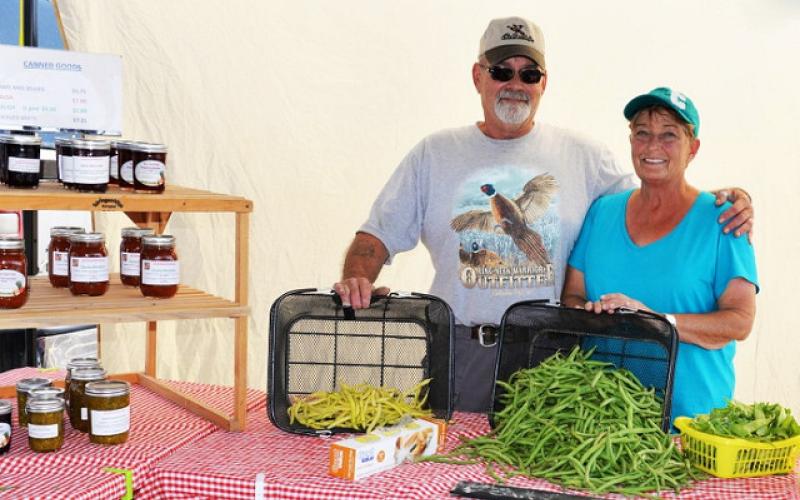
Local Foods
Local Foods can help strengthen a community by stimulating the local economy and creating local entrepreneurial opportunities.
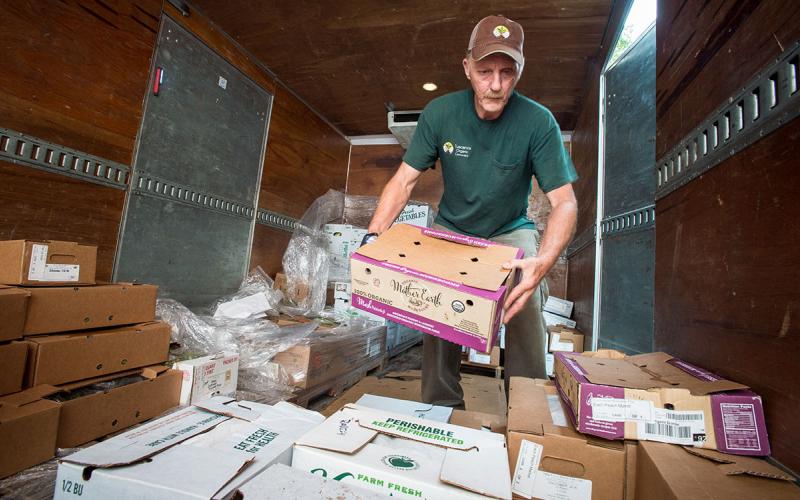
Regulatory Guidance for Selling Foods in South Dakota
Now more than ever, we are seeing food processors and entrepreneurs in South Dakota bringing their food products, not only to farmers markets, but also to retail stores. This article provides regulatory guidance and outlines the necessary steps required to allow for the sale of foods to retail stores.
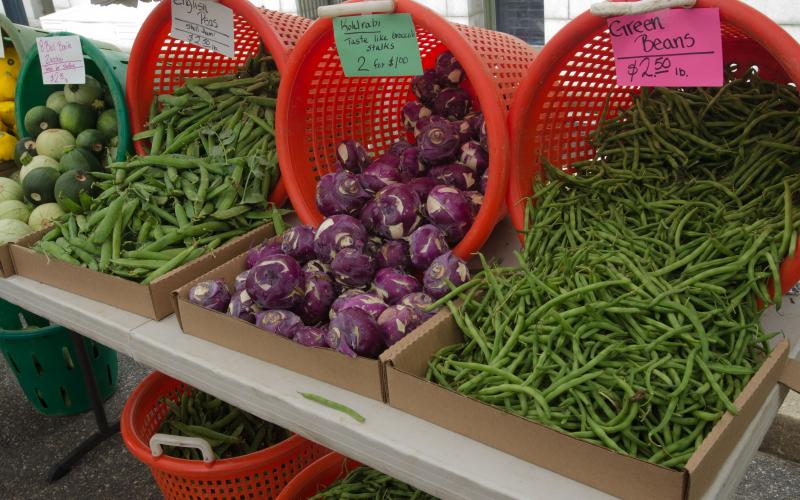
Local Foods: Whole Fresh Vegetables and Herbs
Fresh, whole raw fruits and vegetables grown in South Dakota can currently be sold without a food service license from the South Dakota Department of Health.

Selling Maple Syrup at a Farmer’s Market
Maple syrup is a delicious food that goes well with many foods. There has been some increased interest in understanding how to process maple syrup safely in order to sell it at a farmer’s market or at retail.
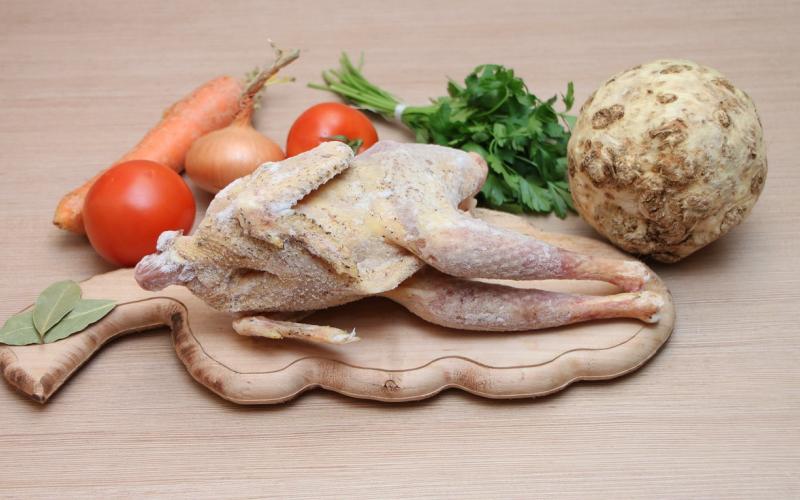
Selling Poultry at a Farmers Market in South Dakota
Poultry exemptions can be difficult to interpret. This article was developed to address some of the questions small growers may have regarding poultry exemptions for selling at the farmers market in South Dakota.
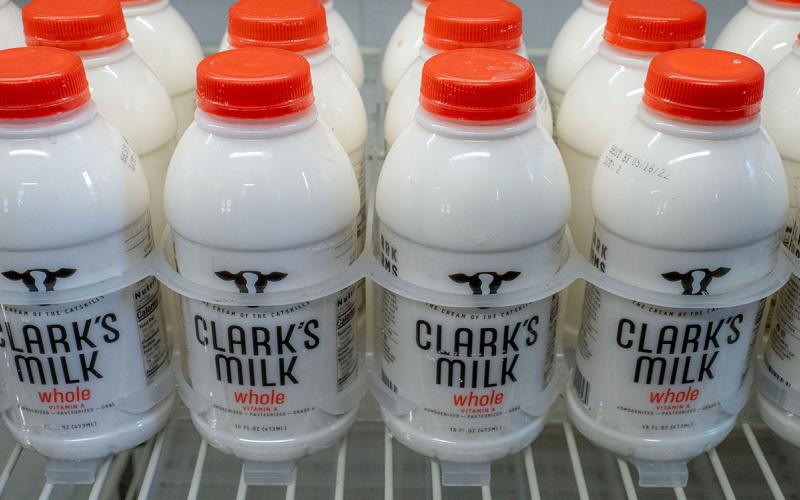
Selling Grade A and B Dairy and Dairy Products in South Dakota
There has been an interest in manufacturing and processing dairy products by South Dakota food entrepreneurs. Learn everything you need to know about the basic requirements for processing and selling Grade A and Grade B dairy and dairy products in our state.

South Dakota Licensed Kitchen Process
Interested in selling food products in a retail establishments? Licensed kitchens are the place to start. Learn the steps for building a licensed kitchen in South Dakota along with rules, regulations and guidelines for processing foods in existing licensed kitchens.
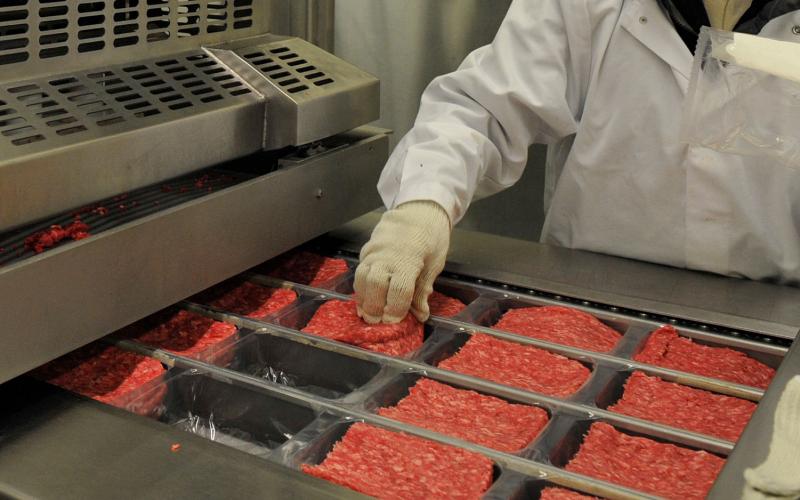
Meat Inspection in South Dakota: Requirements and Resources for Processing and Selling Meat
If you are considering marketing your animals directly to consumers it is important to understand the inspection requirements for selling meat directly to consumers.

Requirements for Food Entrepreneurs Selling Food in South Dakota
Throughout the country and in the state of South Dakota, people are showing more interest in selling their own food products and starting their own business
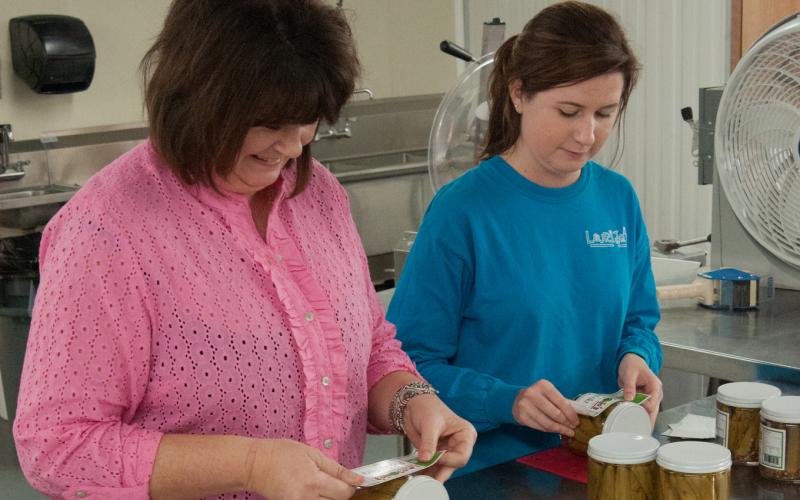
Labeling of Prepared and Processed Foods in South Dakota
Labeling requirements vary in accordance with the type of food that is being sold and in several instances how or where it was prepared or processed.